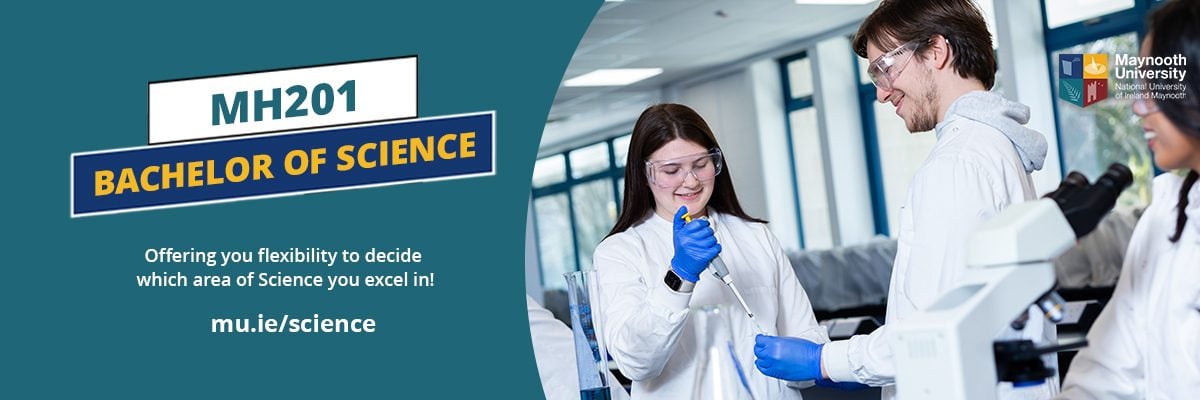Why study Education / Teaching Maths
If you have a passion for Mathematics and an interest in Education, then this subject path is ideal for you, allowing the integrated study of Mathematics, with Education in preparation for a career in post-primary teaching.


